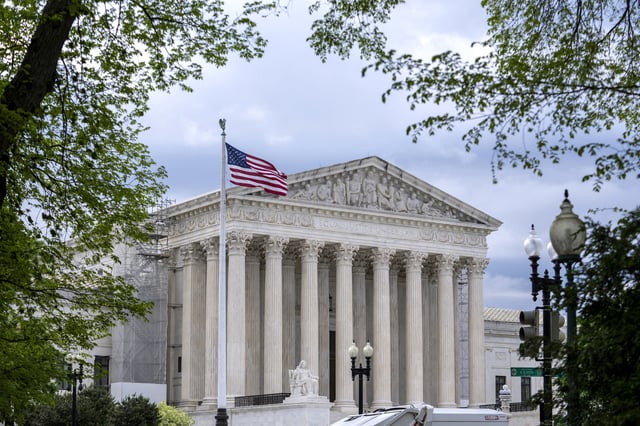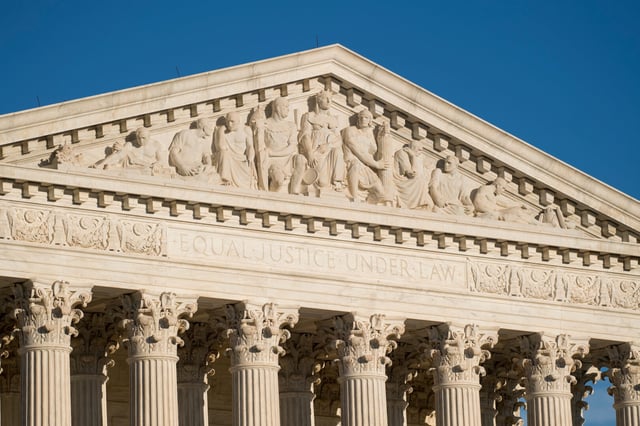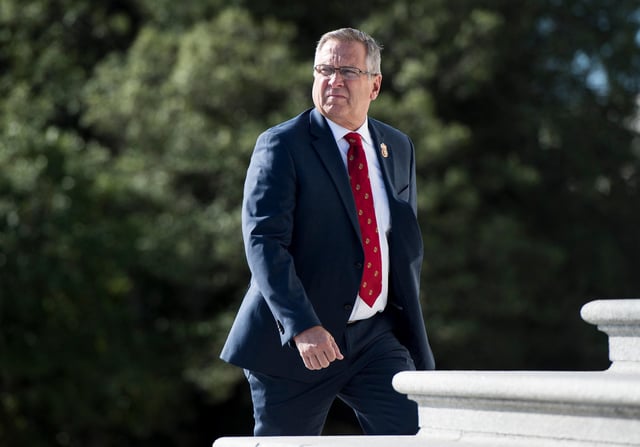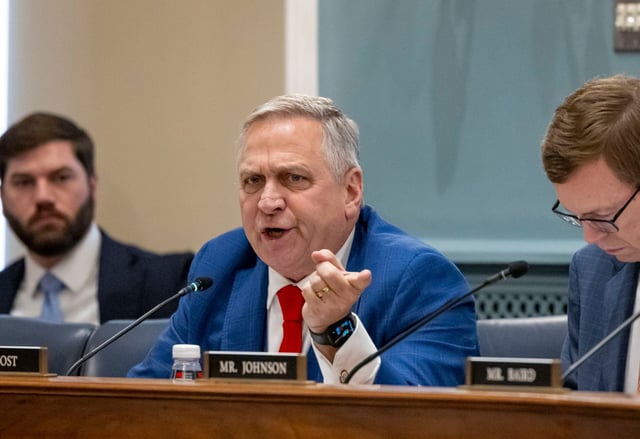Overview
- The Supreme Court granted certiorari on June 2 to review Bost v. Illinois State Board of Elections, a case filed in May 2022 by Rep. Mike Bost and two Republican presidential electors.
- Plaintiffs argue that Illinois’ statute allowing mail-in ballots postmarked by Election Day to be counted up to 14 days later violates federal laws establishing a uniform Election Day.
- A federal district court dismissed the suit in 2023 and a Seventh Circuit panel upheld that decision, finding the challengers lacked Article III standing to sue.
- The high court’s review will clarify the threshold for federal candidates to contest state time, place and manner regulations governing federal elections.
- Oral arguments are expected in the Supreme Court’s next term beginning October 2025, with a decision due by June 2026 that could influence similar laws in at least 17 states.



